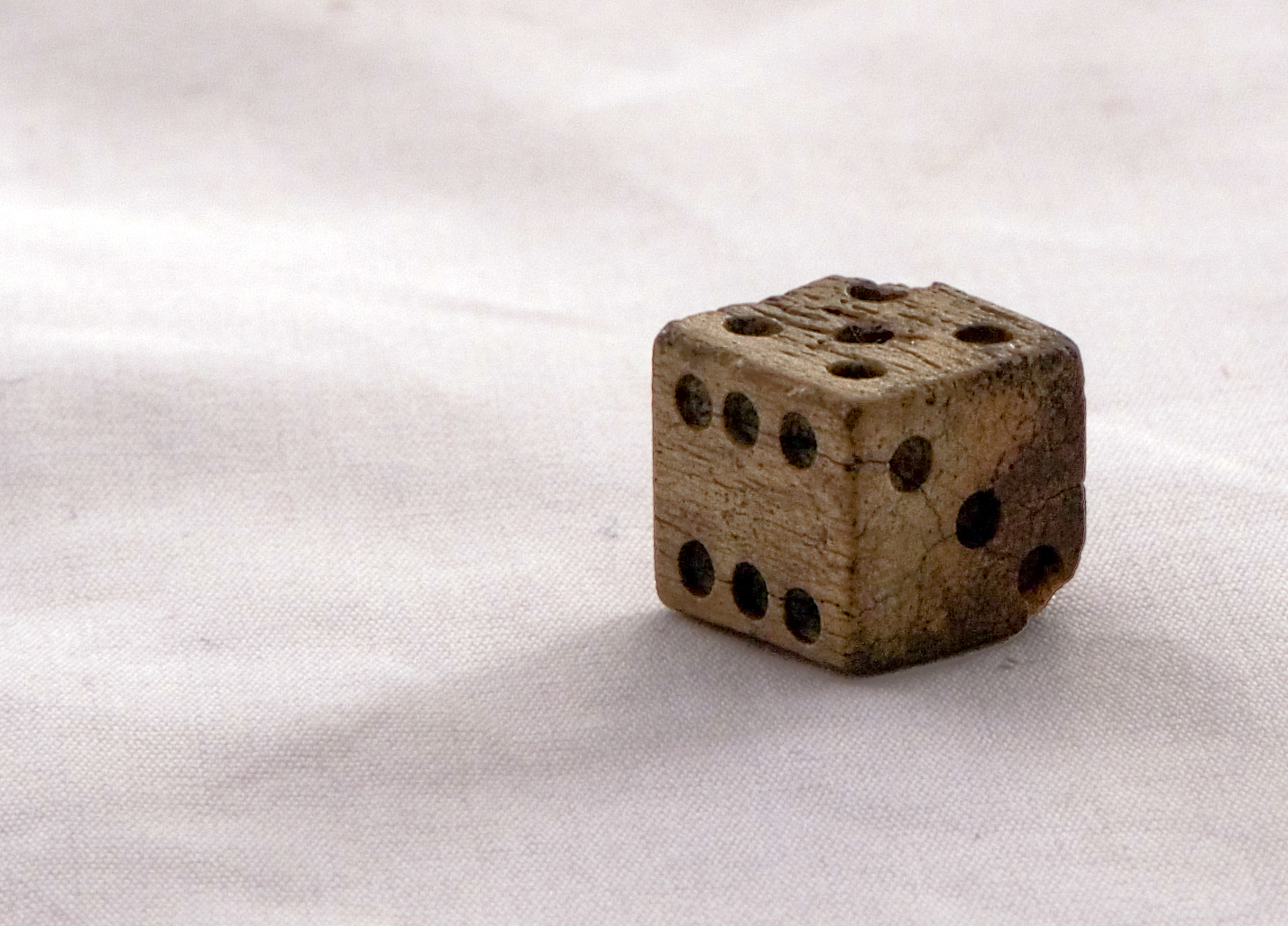There is strong evidence linking the consumption of carbonated drinks to metabolic syndrome, insulin resistance, and cardiovascular disease.
In most cases, consuming sugary soft drinks is associated with increased body fat, insulin resistance, and the development of Type 2 diabetes.
However, drinks can also damage your smile by causing cavities or making your teeth look unattractive. Carbonated beverage sugars feed the microorganisms in your mouth, where they ferment into acid.
Regular consumption of such beverages has the potential to cause undesirable effects.
By understanding the risks associated with drinking carbonated beverages, you may make more informed choices about what goes into your body. Let’s talk about the downsides for a minute.
Here are a few examples of how drinking carbonated beverages negatively impact your body.
Table of Contents
1. Your Acid Reflux May Get Even Worse
Consuming carbonated water may aggravate acid reflux symptoms in some people.
According to medical professionals, the pressure on the junction between the esophagus and the stomach increases as the CO2 bubbles travel down and into the stomach.
The increased pressure may cause stomach acid to flow back into the esophagus, exacerbating reflux symptoms.
The millions of Pakistanis who suffer from stomach issues should avoid flavored drinks, sparkling waters, sodas, and other carbonated drinks.
2. If You Suffer From Irritable Bowel Syndrome, Things May Not Improve
It’s common knowledge that consuming carbonated beverages can lead to bloating and flatulence.
Nutrition experts agree that chugging down a can of soda before hitting the gym is one of the worst decisions you can make for your health.
A lack of dairy intake increased intake of alcoholic and carbonated beverages, and increased water intake were all associated with IBS, according to the study.
A regular eating schedule and consuming adequate fiber are two other recommendations.
According to the research, persons with IBS should stick to water and caffeine-free beverages like herbal teas.
However, carbonated water and other carbonated drinks should be avoided by those with irritable bowel syndrome since they may exacerbate the condition.
Irritable bowel syndrome patients who drank carbonated beverages experienced more abdominal discomfort than IBS patients who did not consume carbonated beverages.
3. It’s Possible That You Could Damage Your Teeth If You Do This
Carbonated soft drinks, both regular and diet versions, can damage teeth.
It may cause your teeth to become visibly discolored, prompting you to seek a teeth-whitening solution, or it may cause more severe health issues, some of which we’ll discuss below.
Bacteria in your mouth feed on sugar and produce acids that weaken your teeth’s protective enamel. Tooth pulp becomes visible when the enamel wears away.
A cavity is a term for this kind of structure. Consuming sugary fizzy drinks accelerates the decay of teeth since the sugar remains in the mouth.
The acid in these sodas increases your risk of cavities, and their chemicals progressively erode your tooth enamel.
4. There Is a Chance That Your Bone Density Will Decrease
Bone loss can be caused by drinking dark colas because of their phosphoric acid.
Bone mineral density was lower in women who drank colas than those who drank other carbonated drinks.
Dexa scans can show if your bone density is gradually decreasing over time.
Bone health can be supported by drinking sparkling mineral water due to calcium.
Furthermore, carbonated mineral drinks rich in magnesium and calcium may benefit bone health.
5. The Likelihood of Getting Ill
Scientists collected and analyzed aluminum beverage cans from various retail outlets, including convenience stores, supermarkets, and gas stations.
Although most food items tested negative for E. coli, which may cause diarrhea, pneumonia, and other respiratory illnesses, some did.
Stenotrophomonas maltophilia, pseudomonas luteola, and enterobacter cloacae were detected in a sample of can tops from convenience stores, restaurants, universities, and vending machines.
These harmful viruses are more likely to infect those with compromised immune systems.
6. More Likely To Be Overweight
There is some evidence that drinking carbonated beverages with added sugar increases the risk of obesity.
Women and adults, but not children and adolescents, are at greater risk of becoming overweight or obese due to regularly consuming sugary carbonated drinks.
Being overweight or obese raises your risk of developing type 2 diabetes, cardiovascular disease, and osteoarthritis.
7. Insufficient Diet
Consuming a lot of sugary sodas can hinder your body’s ability to absorb essential nutrients. Drinking these beverages may consume less protein, carbohydrates, fiber, and riboflavin (vitamin B-2).
Soda drinkers are also less likely to consume healthy whole fruits and fresh fruit juices.
8. The Things You Must Think About
Soda, 7-Up, and Coke are just some sugary drinks that might have adverse effects on your health if you drink them frequently.
Tooth decay, heart problems, and metabolic illnesses like type 2 diabetes are more likely to develop.
Drinking sugary sodas regularly also increases the likelihood of gaining excess weight.
If you’re trying to slim down, keep your health in check, and extend your life expectancy, cutting out on sugary drinks may help. If you have any sense of heart burning or gas, please visit your local doctor.
Signing Off:
According to the USDA report “Contributions of Nonalcoholic Beverages to the U.S. Diet” from 2005, the average American drinks more than 50 gallons of carbonated soft drinks annually.
Even though the FDA has approved all of the ingredients in carbonated drinks, regular consumption of these beverages is associated with several potential health problems.
Knowing the possible consequences of drinking carbonated beverages might help you make better dietary decisions.
Consumption of high-sugar soft drinks is strongly linked to the development of obesity, type 2 diabetes, and excess body fat.
However, drinking sodas can negatively affect your teeth and gums, including cavities and tooth decay.
Bacteria in your mouth digest sugar and produce acids that wear away at tooth enamel.
A cavity develops when the hard outer layer of enamel wears away, revealing the softer dentin underneath.
Sugar from carbonated soft drinks stays in the mouth and feeds the bacteria that cause cavities.
Carbonated beverages are particularly bad for your teeth because their acid can slowly erode the enamel, making cavities more likely.











